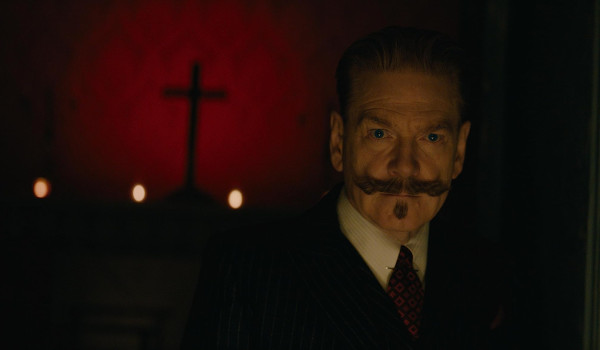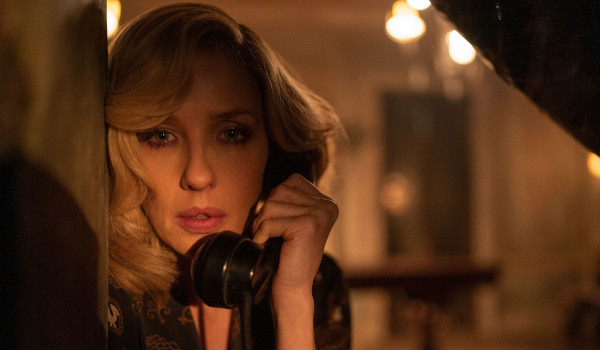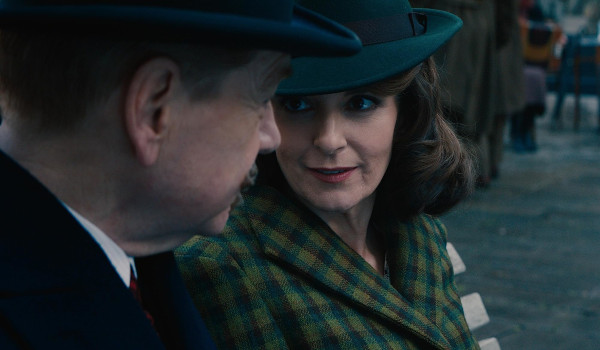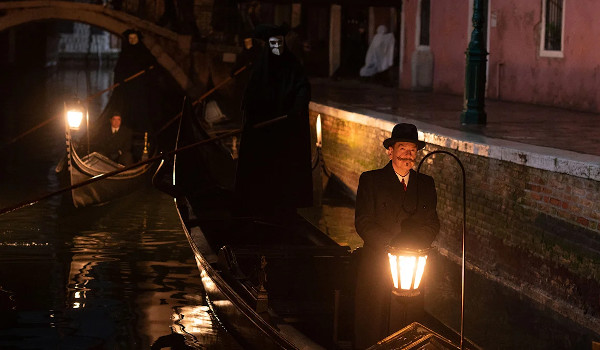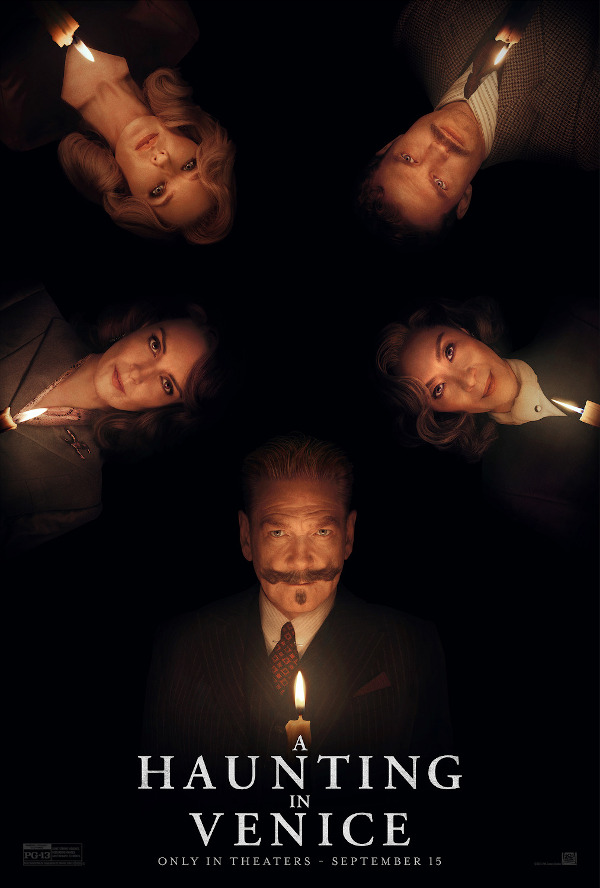- Title: A Haunting in Venice
- IMDb: link

Kenneth Branagh stars and directs in his third adaptation of a Hercule Poirot mystery, this time Agatha Christie‘s 1969 novel Hallowe’en Party. Quite different from the novel, screenwriter Michael Green plays up a supernatural element to the story allowing the film to make use of a host of horror tropes. Relocating the story to Venice, where Poirot (Branagh) has apparently retired, the detective gets dragged into attending a Halloween party and séance by old friend and mystery author Ariadne Oliver (Tina Fey) who made them both famous after basing her fictional detective off of Poirot.
When the murder of one of the guests occurs that night, because of course it does, Poirot comes out of retirement to solve the case. Providing us with a creepy old house with a history of death and a strong supporting cast, the plot attempts to offer supernatural explanations to events while Poirot remains ever practical, even when witnessing things he can’t yet explain with his own eyes.
Along with Branagh and Fey, the cast this time around includes Michelle Yeoh as a medium hired to conduct the séance with Emma Laird and Ali Khan as her assistants. Kelly Reilly is the host whose daughter Alicia (Rowan Robinson) died in the house years before following her break-up with her fiancé (Kyle Allen). Alicia is the spirit who those attending wish to contact. We also get Jamie Dornan as the family friend and doctor suffering from PTSD, and his son played by Jude Hill. And the cast is rounded out by Camille Cottin as the housekeeper for the house with a history of death including being a children’s hospital during a plague, and Riccardo Scamarcio as a former police officer turned bodyguard.
The film reminded me of Guy Ritchie‘s Sherlock Holmes in attempting to misdirect with supernatural trappings what is otherwise a straightforward mystery revealed in the final act. Like Sherlock Holmes, the world in which we’re presented never feels like one that would accept the existence of ghosts and spirits as viable solutions to our narrative, at times undermining its own efforts. As for Poirot, those watching closely will no doubt guess early on about the source of his troubles (and, if not, the film will continuously leave breadcrumbs making it highly unlikely you won’t figure out the truth before the big reveal).
The choice of Venice does provide opportunities for some interesting B-roll throughout the film which showcase the city, making Venice itself a minor character in the film. Although stylish, the film isn’t as successful as Murder on the Orient Express. Despite all of its horror trappings, it boils down into a simple explanation of motive and murder. However, there’s still enough here to make it a marginal recommendation, and by keeping its running time to only 104 minutes, it’s certainly more successful than the floundering Death on the Nile.
Watch the trailer